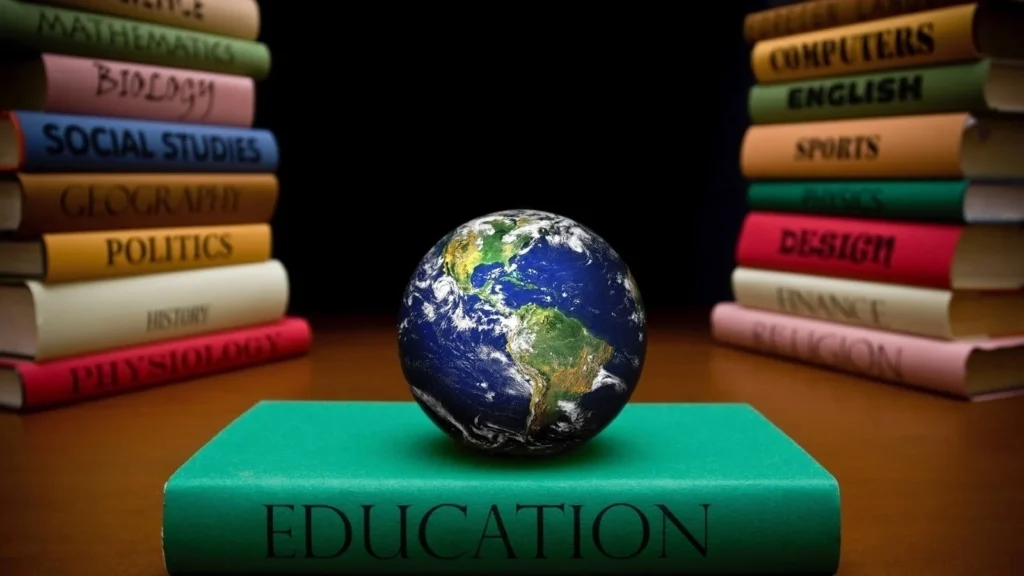
Education, the cornerstone of individual and societal progress, has held paramount importance throughout human history. It acts as the illuminating torch, guiding us through the complexities of the world and empowering us to reach our full potential. From fostering personal growth to driving societal advancement, education’s impact resonates across every facet of our lives.(The Enduring Importance of Education)
Individual Empowerment: Unlocking Potential and Shaping Futures.(The Enduring Importance of Education)
At the individual level, education empowers us with knowledge, skills, and critical thinking abilities. It equips us to navigate the complexities of life, make informed decisions, and pursue our aspirations.
- Knowledge Acquisition: Education exposes us to diverse fields of knowledge, expanding our understanding of the world and ourselves. This knowledge becomes the foundation for lifelong learning and allows us to adapt to a constantly evolving world.
- Skill Development: Through education, we gain essential skills like communication, problem-solving, collaboration, and critical thinking. These skills are crucial for success in every aspect of life, from navigating the workplace to fostering healthy relationships.
- Critical Thinking and Problem-Solving: Education fosters the ability to analyze information objectively, evaluate different perspectives, and arrive at well-reasoned conclusions. This critical thinking empowers us to solve problems creatively and effectively, both in our personal and professional lives.
Beyond Individual Benefits: Education’s Impact on Society.(The Enduring Importance of Education)

The benefits of education extend far beyond the individual, shaping the very fabric of our societies.
- Economic Growth and Development: An educated population fuels economic growth and development. Individuals with higher levels of education contribute to a skilled workforce, fostering innovation and driving economic prosperity.
- Civic Engagement and Responsible Citizenship: Education empowers individuals to be informed and active participants in a democracy. By fostering critical thinking and understanding of diverse viewpoints, education promotes responsible citizenship and civic engagement.
- Social Cohesion and Tolerance: Education plays a crucial role in promoting tolerance and understanding between different cultures and communities. By fostering critical thinking and open-mindedness, education helps break down barriers and build bridges, leading to a more cohesive and inclusive society.
- Addressing the Challenges: Ensuring Equitable Access to Quality Education
Despite the undeniable importance of education, challenges remain in ensuring equitable access to quality education for all.
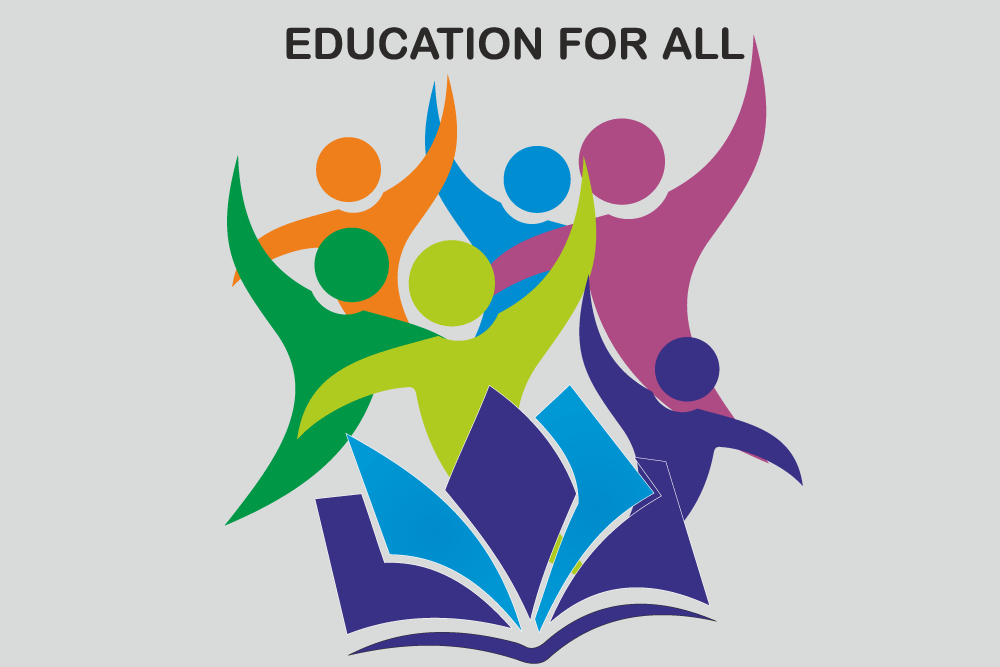
- Inequities and Barriers: Socioeconomic disparities, geographical limitations, and discrimination can significantly impact access to quality education. Addressing these inequalities is crucial to ensure that everyone has the opportunity to thrive.
- Evolving Needs and Demands: The rapidly changing world necessitates continuous adaptation and innovation in the education sector. This includes incorporating new technologies, fostering critical thinking skills, and preparing students for jobs that may not yet exist.
- Investing in Quality Education: Ensuring quality education requires sustained investment in infrastructure, resources, and qualified teachers. By prioritizing education funding, we invest in the future of individuals and societies.
Conclusion: A Collective Responsibility
Education is not a luxury; it is a fundamental right and a critical investment in our shared future. By ensuring equitable access to quality education and actively addressing the challenges we face, we empower individuals, strengthen societies, and illuminate the path towards a brighter future for all. As Nelson Mandela aptly stated, “Education is the most powerful weapon which you can use to change the world.” Let us wield this powerful weapon responsibly, collectively striving to ensure that the light of education shines brightly for generations to come.
Frequently Asked Questions (FAQs)
Why is education important for individuals?
Education empowers individuals with knowledge, skills, and critical thinking abilities, allowing them to navigate life’s complexities, make informed decisions, and pursue their aspirations. It fosters personal growth, skill development, and problem-solving abilities, leading to individual success and fulfillment.
How does education benefit society?
An educated population fuels economic growth through a skilled workforce and fosters civic engagement by creating informed and responsible citizens. Education also promotes tolerance and understanding, leading to a more cohesive and inclusive society.
What are the current challenges in education?
Inequities in access to quality education based on socioeconomic factors, geographical location, and discrimination remain a significant challenge. Additionally, the rapidly changing world demands continuous adaptation in educational systems to prepare students for future needs and evolving job markets.
How can we address these challenges?
Ensuring equitable access requires addressing inequalities and geographical limitations, promoting inclusivity, and fighting against discrimination. To adapt to changing needs, we must continually innovate educational curriculums, incorporate new technologies, and emphasize critical thinking skills. Finally, sustained investment in infrastructure, resources, and qualified teachers is crucial for achieving quality education for all.
What can individuals do to promote education?
Individuals can advocate for educational equality, volunteer or mentor in educational settings, support initiatives that address educational needs, and hold their communities and governments accountable for providing quality education for all.




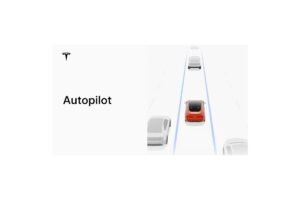
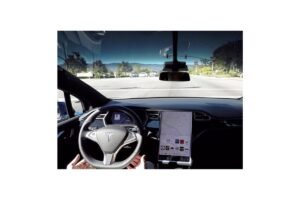






































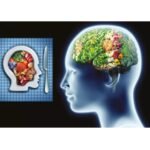





















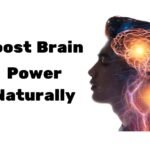


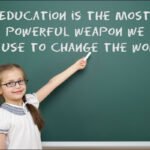















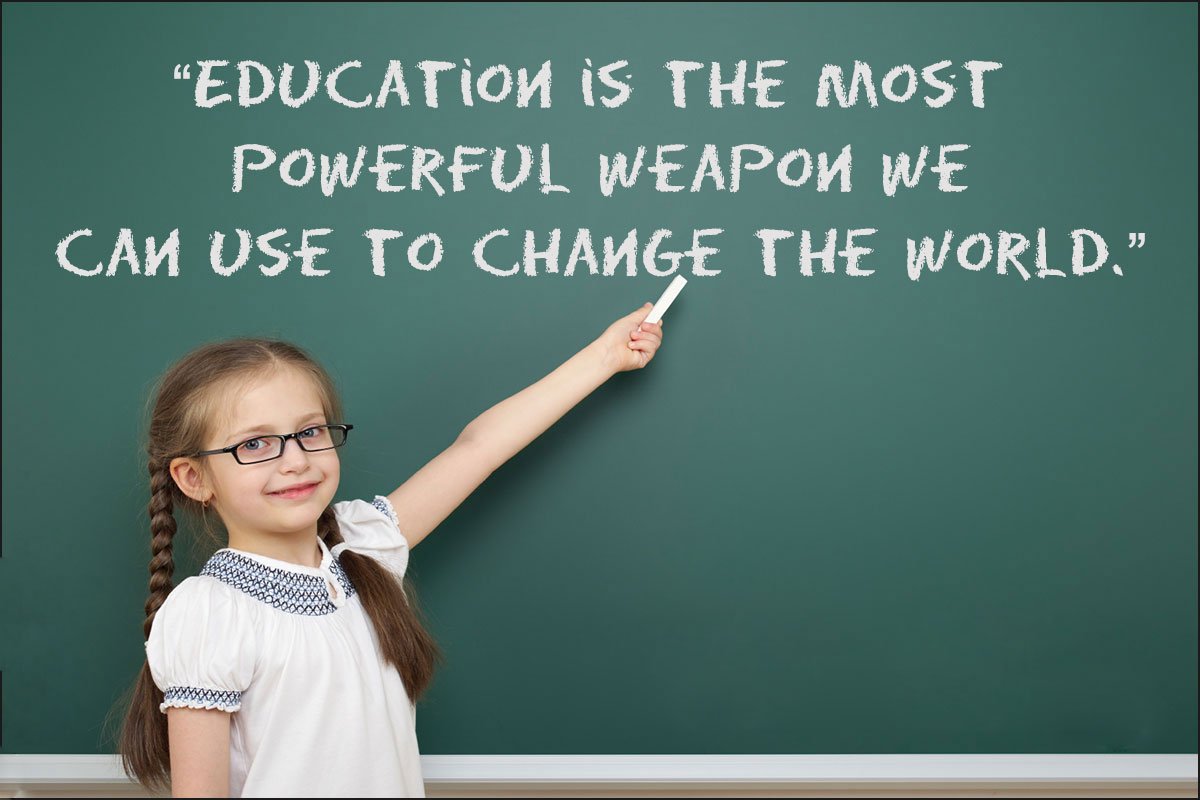




Some genuinely nice and useful information on this site, besides I believe the design contains fantastic features.